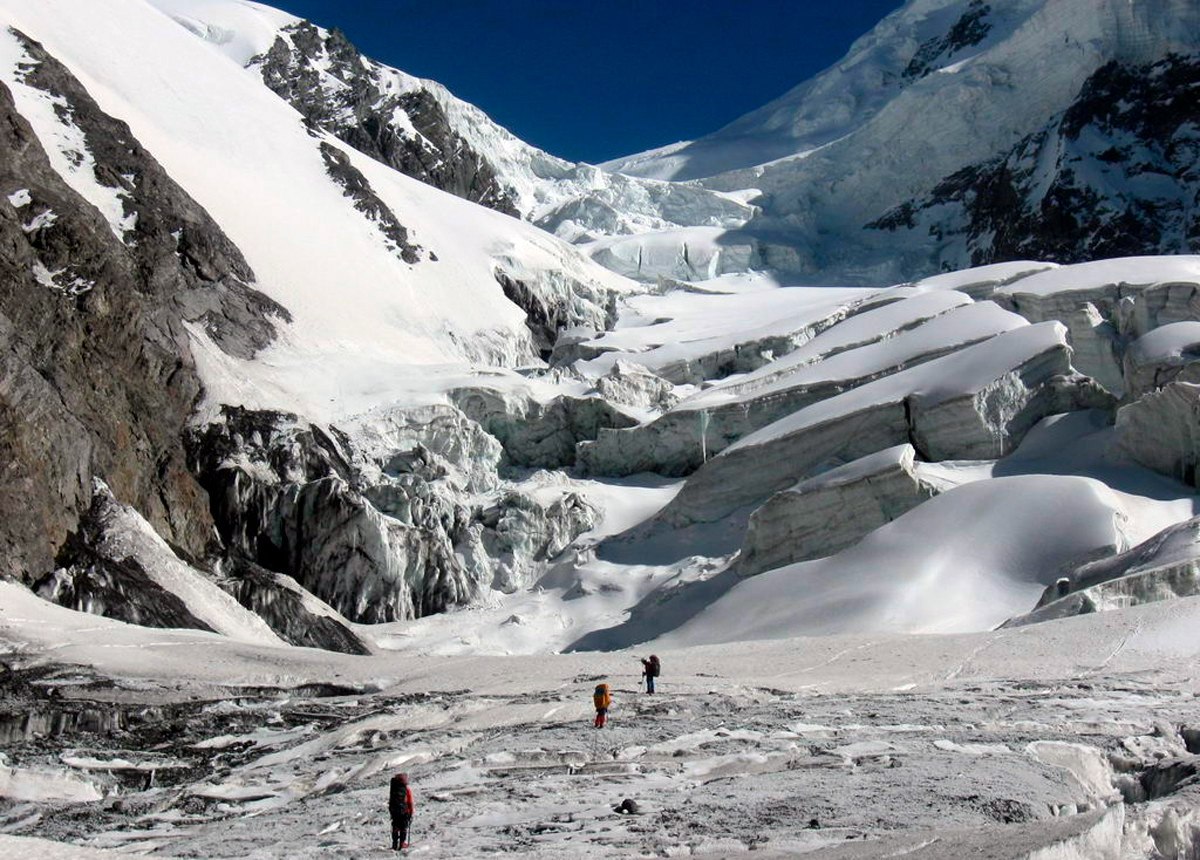Tajikistan's lower chamber of parliament, the Majlisi Namoyandagon, convened its fifth session to discuss and approve a bill aimed at preserving glaciers as vital environmental assets and strategic water resources. The session, led by Mahmadtoir Zokirzoda, showcased the country's commitment to addressing climate change issues and aligning with global initiatives, AsiaPlus reported.

The bill, presented by Zoir Rahmonzoda, is a response to President Emomali Rahmon's initiatives on climate change and the United Nations' special resolution declaring 2025 the International Year of Glaciers' Preservation, adopted on December 14, 2022. The legislation establishes legal, economic, and institutional frameworks to safeguard glaciers, defining their role as critical sources of water and environmental entities.
Rahmonzoda emphasized that the law encompasses four key chapters, addressing fundamental concepts, the legislative framework for public policy on glacier preservation, state regulation tasks, and the legal basis for research and monitoring activities related to glaciers.
The first chapter establishes the legal foundation and public policy, defining main principles and ownership of glaciers. The second chapter outlines state regulation tasks, attributing powers to governmental bodies, local authorities, and village self-government bodies for preserving glaciers. It also addresses the impact assessment of planned activities on glaciers.
The third chapter focuses on the legal framework for organizing research and monitoring initiatives dedicated to glaciers. The final chapter, the fourth, includes provisions for international cooperation on glacier preservation, liability for non-compliance, and the implementation procedure.
Tajikistan is home to over 13,000 glaciers, contributing significantly to the country's main rivers and providing essential freshwater during the hottest summer days. The total volume of these glaciers is approximately 850 cubic kilometers.
However, the impact of climate change is evident, with more than 1,000 glaciers melting in recent decades, and some large glaciers retracting by kilometers. The Vanjyakh (formerly Fedchenko) Glacier, for instance, has shrunk by over two cubic kilometers of ice in the past few years, with a total volume of 144 km3.
Scientists stress that glacier melting is nearly irreversible, and the industrial age has accelerated this process. Given that a substantial portion of Central Asia's water resources is concentrated in Tajikistan, the melting of glaciers in the country poses a significant threat to the entire region.
Earlier Daryo reported that President Emomali Rahmon of Tajikistan raised concerns about the disappearing glaciers in the nation, linking the decline to the increasing effects of global warming. This occurred during the "Global Action to Preserve Glaciers" event in Dubai.
Comments (0)